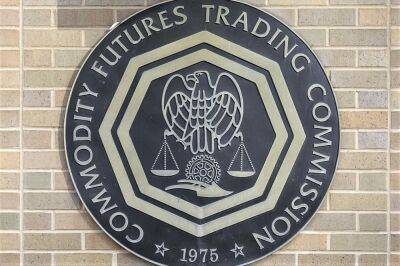Crypto is worth fixing. Regulators should get moving
The once-burgeoning realm of crypto and decentralised finance keeps imploding, presenting policy makers with a quandary: Should they just let it burn, or step in to address its now-obvious flaws?
I’m with the second group. To maintain their credibility, and to derive the greatest benefit from blockchain technology, regulators should intervene and crack down on scams, protect investors and ensure market integrity.
The dominoes keep falling after the demise of the FTX empire. The latest casualty, crypto lender Genesis Global Capital, probably won’t be the last. Each failure further undermines trust, reduces activity and revenue, and puts pressure on the rest of the industry. With no lender of last resort to provide emergency support — as the Federal Reserve does for traditional banks — there’s little to stop the rot.
Some think that’s just fine. They argue that crypto was largely an unproductive speculative bubble that should be allowed to deflate on its own. Investors were amply warned, and the unregulated, bank-like intermediaries to whom they unwisely entrusted their money had little or nothing to do with the potential of the underlying technology.
Yet such thinking ignores two important points. One is that the government typically takes steps to protect people who don’t have the ability or means to do so themselves. It seeks to ensure that prescription drugs are efficacious and properly deployed, that motor vehicles are safe, that roads are properly signed and maintained, that doctors and lawyers have the necessary qualifications, even that casinos don’t do excessive harm. Why should crypto be any different?
Second, why throw out the baby with the bathwater? Making investment in crypto safer would aid the development of a
Read more on moneycontrol.com


 moneycontrol.com
moneycontrol.com










